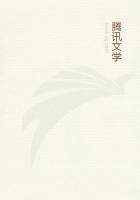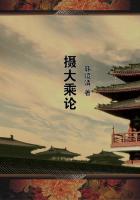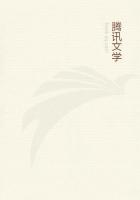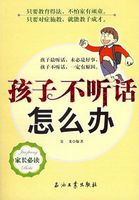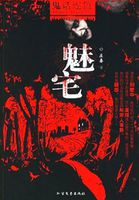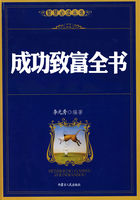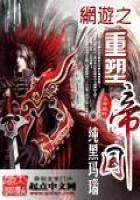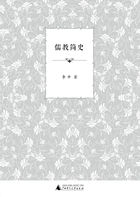Peacock's novels are unlike those of other men: they are the genuine expressions of an original and independent mind. His reading and his thinking ran together; there is free quotation, free play of wit and satire, grace of invention too, but always unconventional. The story is always pleasant, although always secondary to the play of thought for which it gives occasion. He quarrelled with verse, whimsically but in all seriousness, in an article on "The Four Ages of Poetry," contributed in 1820 to a short-lived journal, "Ollier's Literary Miscellany." The four ages were, he said, the iron age, the Bardic; the golden, the Homeric; the silver, the Virgilian; and the brass, in which he himself lived. "A poet in our time," he said, "is a semi-barbarian in a civilised community . . . The highest inspirations of poetry are resolvable into three ingredients: the rant of unregulated passion, the whining of exaggerated feeling, and the cant of factitious sentiment; and can, therefore, serve only to ripen a splendid lunatic like Alexander, a puling driveller like Werter, or a morbid dreamer like Wordsworth." In another part of this essay he says: "While the historian and the philosopher are advancing in and accelerating the progress of knowledge, the poet is wallowing in the rubbish of departed ignorance, and raking up the ashes of dead savages to find gewgaws and rattles for the grown babies of the age. Mr. Scott digs up the poacher and cattle-stealers of the ancient Border. Lord Byron cruises for thieves and pirates on the shores of the Morea and among the Greek islands. Mr. Southey wades through ponderous volumes of travels and old chronicles, from which he carefully selects all that is false, useless, and absurd, as being essentially poetical; and when he has a commonplace book full of monstrosities, strings them into an epic." And so forth;
Peacock going on to characterise, in further illustration of his argument, Wordsworth, Coleridge, Moore, and Campbell. He did not refer to Shelley; and Shelley read his friend's whimsical attack on poetry with all good humour, proceeding to reply to it with a "Defence of Poetry," which would have appeared in the same journal, if the journal had survived. In this novel of "Crotchet Castle" there is the same good-humoured exaggeration in the treatment of "our learned friend"--Lord Brougham--to whom and to whose labours for the Diffusion of Useful Knowledge there are repeated allusions.
In one case Peacock associates the labours of "our learned friend" for the general instruction of the masses with encouragement of robbery (page 172), and in another with body-snatching, or, worse,-
-murder for dissection (page 99). "The Lord deliver me from the learned friend!" says Dr. Folliott. Brougham's elevation to a peerage in November, 1830, as Lord Brougham and Vaux, is referred to on page 177, where he is called Sir Guy do Vaux. It is not to be forgotten, in the reading, that this story was written in 1831, the year before the passing of the Reform Bill. It ends with a scene suggested by the agricultural riots of that time. In the ninth chapter, again, there is a passage dealing with Sir Walter Scott after the fashion of the criticisms in the "Four Ages of Poetry." But this critical satire gave nobody pain. Always there was a ground-work of good sense, and the broad sweep of the satire was utterly unlike the nibbling censure of the men whose wit is tainted with ill-humour. We may see also that the poet's nature cannot be expelled. In this volume we should find the touch of a poet's hand in the tale itself when dealing with the adventures of Mr. Chainmail, while he stays at the Welsh mountain inn, if the story did not again and again break out into actual song, for it includes half-a-dozen little poems.
When Peacock wrote his attack on Poetry, he had, only two years before, produced a poem of his own--"Rhododaphne"--with a Greek fancy of the true and the false love daintily worked out. It was his chief work in verse, and gave much pleasure to a few, among them his friend Shelley. But he felt that, as the world went, he was not strong enough to help it by his singing, so he confined his writing to the novels, in which he could speak his mind in his own way, while doing his duty by his country in the East India House, where he obtained a post in 1818. From 1836 to 1856, when he retired on a pension, he was Examiner of India Correspondence.
Peacock died in 1866, aged eighty-one.
H. M.
NOTE that in this tale Mac Quedy is Mac Q. E. D., son of a demonstration; Mr. Skionar, the transcendentalist, is named from Ski(as) onar, the dream of a shadow; and Mr. Philpot,--who loves rivers, is Phil(o)pot(amos).


